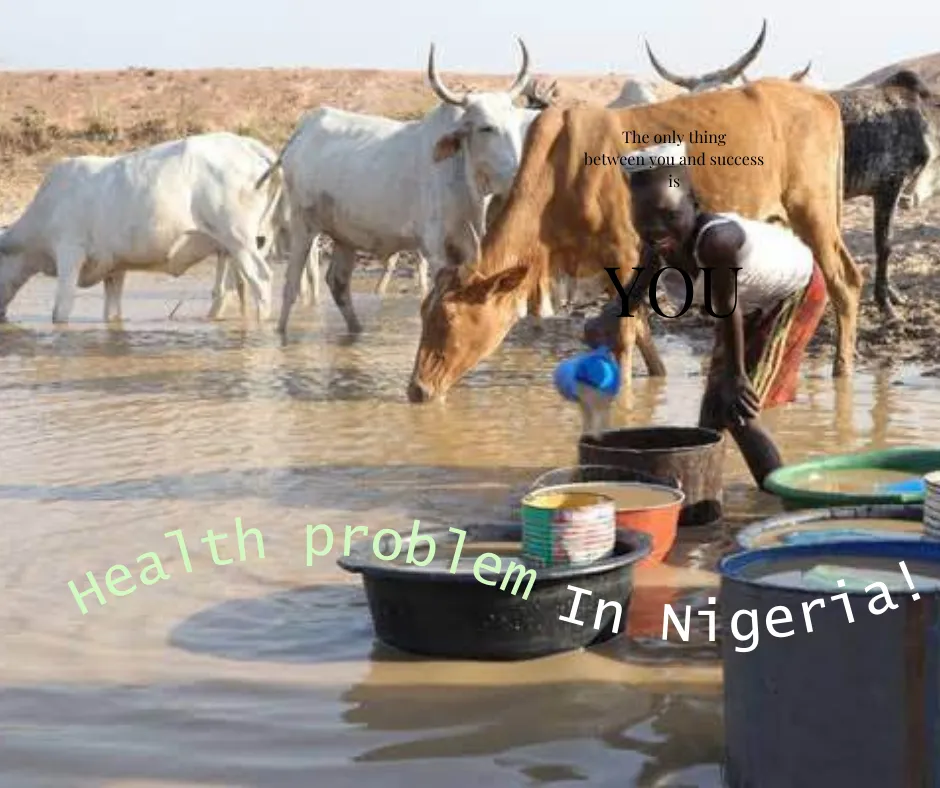
In Oyo state, in the south southwestern part of Nigeria, numerous public health challenges can be addressed. My tribe is the Yoruba, in Nigeria. My country is often referred to as Africa's giant, but the phrase has become a mirage due to its public health problems. Nigeria faces a variety of public health challenges and challenges. Nigeria's health problems include infectious diseases, sewage disposal, health care, water supply, air pollution, noise pollution, environmental radiation, housing, solid waste disposal, disaster management, infection prevention, disease surveillance, tobacco smoking, rapid urbanization, air pollution, noise pollution, air pollution, environmental radiation, housing, solid waste disposal, emergency management, incessant doctors strike, disease surveillance, tobacco smoking, brain drain, rapid urbanization, and a lot more. non-communicable diseases, alcohol abuse, environment degradation, and road traffic injuries but the four most urgent public health problems facing my community include Malaria, lower respiratory infection, HIV/AIDS and Diarrhoea. These health problems are preventable but people will continue to die if there are no proper programs designed to address these problems. Malaria remains the foremost killer disease in Nigeria. It accounts for over 25% of under 5 mortality, 30% childhood mortality and 11% maternal mortality and this goes a long way to also affect my community. Nigeria still has the second highest HIV burden in the world, About 3.4 million Nigerians are living with HIV while Nigeria is still the worst affected by tuberculosis (TB) in Africa and diarrhoea is also affecting those in the rural part of my community, especially children due to improper sewage and refuse disposal. Most men are farmers, while the women are both farmers and petty traders. Environmental protection is also a significant issue facing my neighbourhood. There is no access to clean, safe water, and indiscriminate dumps of garbage have also resulted in floods, drainage problems, epidemic diseases, cholera, diarrhoea, typhoid fever, etc. I once visited the Rimi community and Okpe village in Nigeria, where locals drink from a stagnant stream with cows. Many people depend on the stream to have their water source for domestic use. The saddest part of it is that the same source they use for drinking water is also used for their domestic animals' drinking troughs and that even their wastes are disposed of in the same water. The source of water is used for daily disposal of sewage and other human waste. It also serves as a recreational lagoon facility for children and youths of the community. We need help to participate in community outreaches to promote healthy behaviours, and equity and make a difference beyond our community.